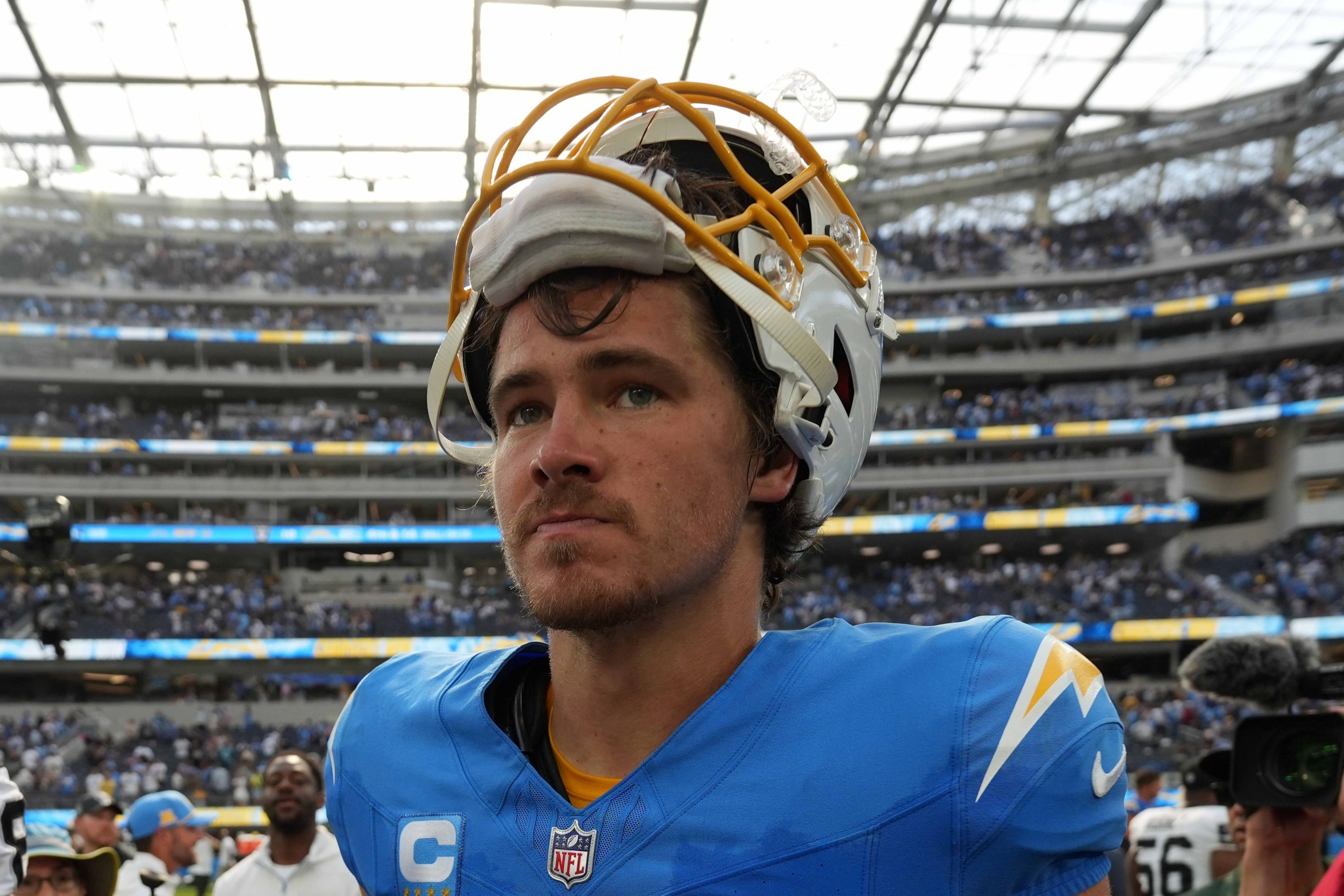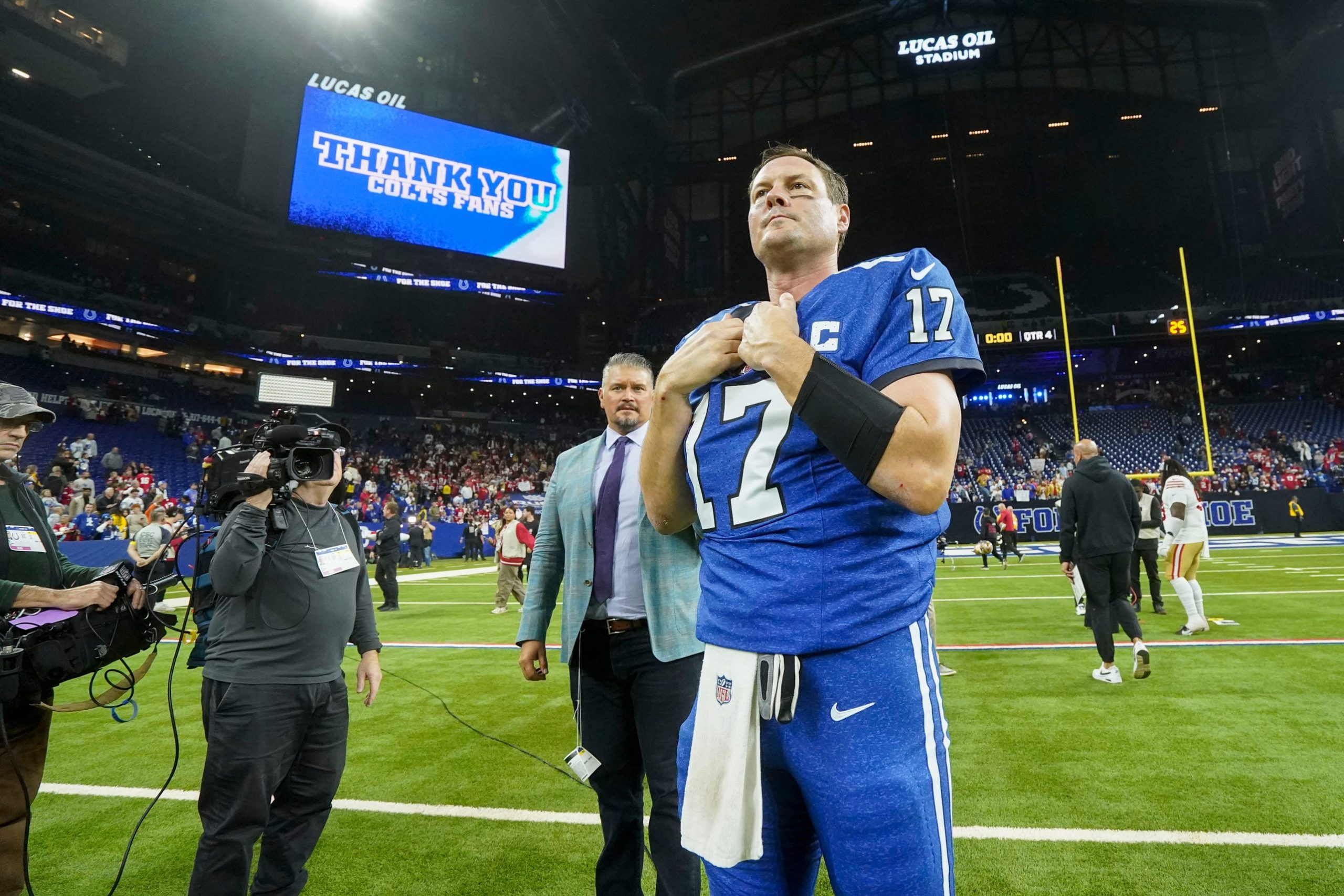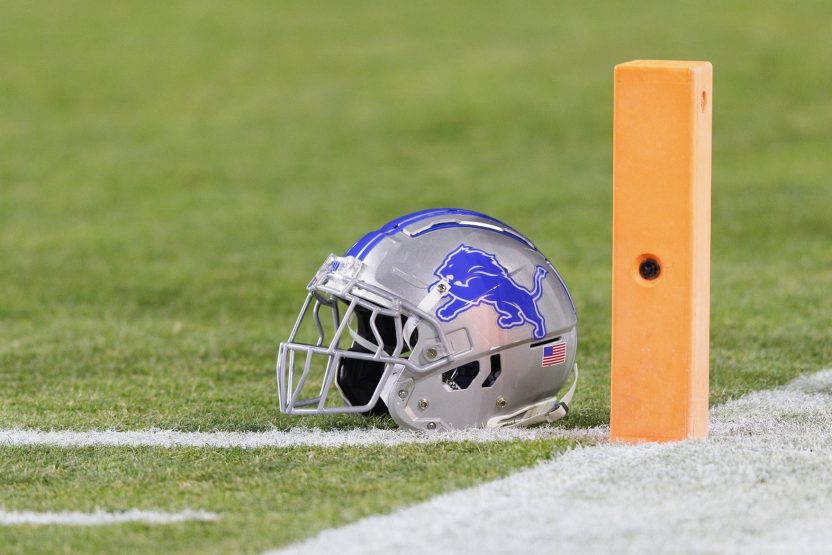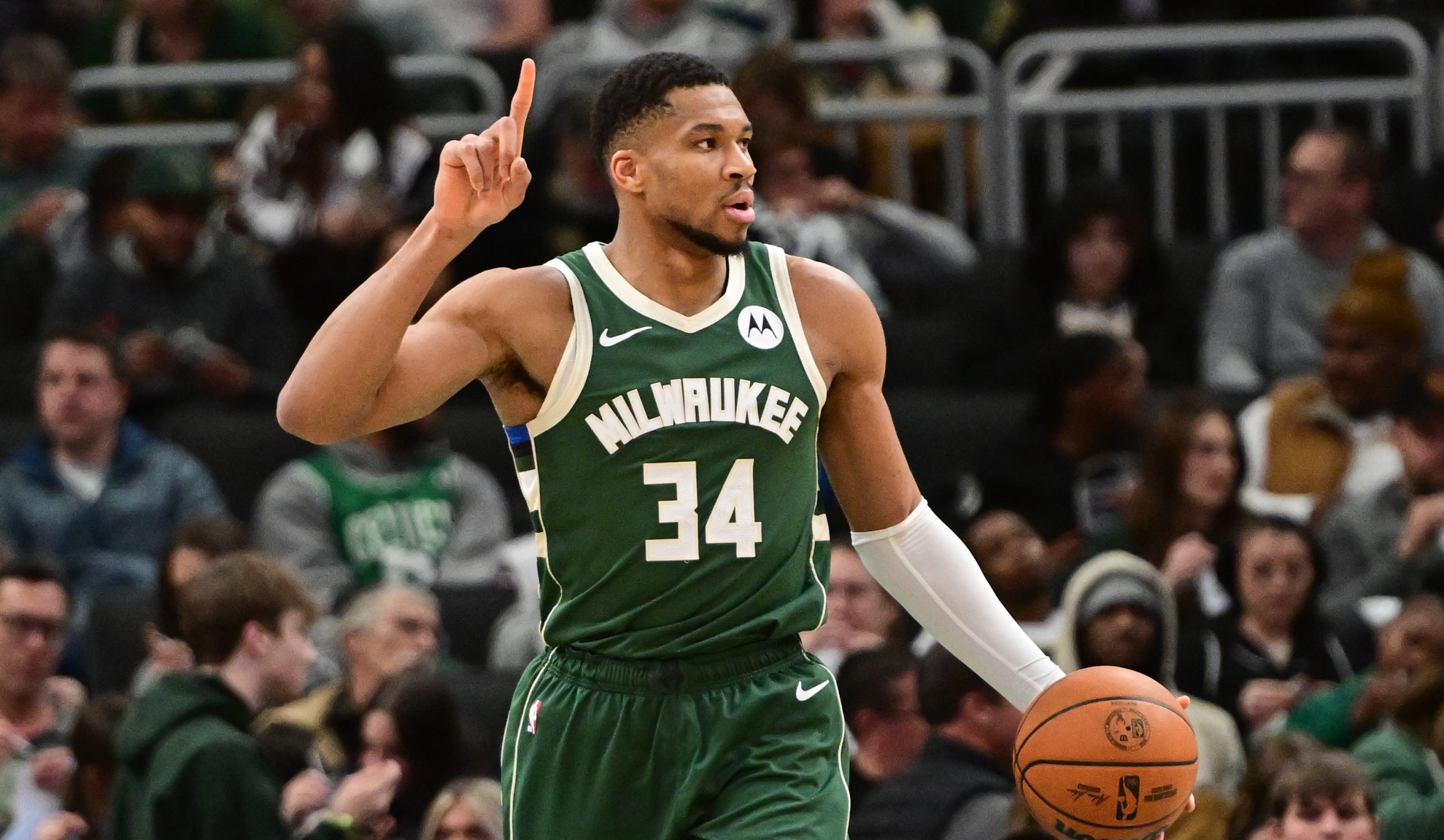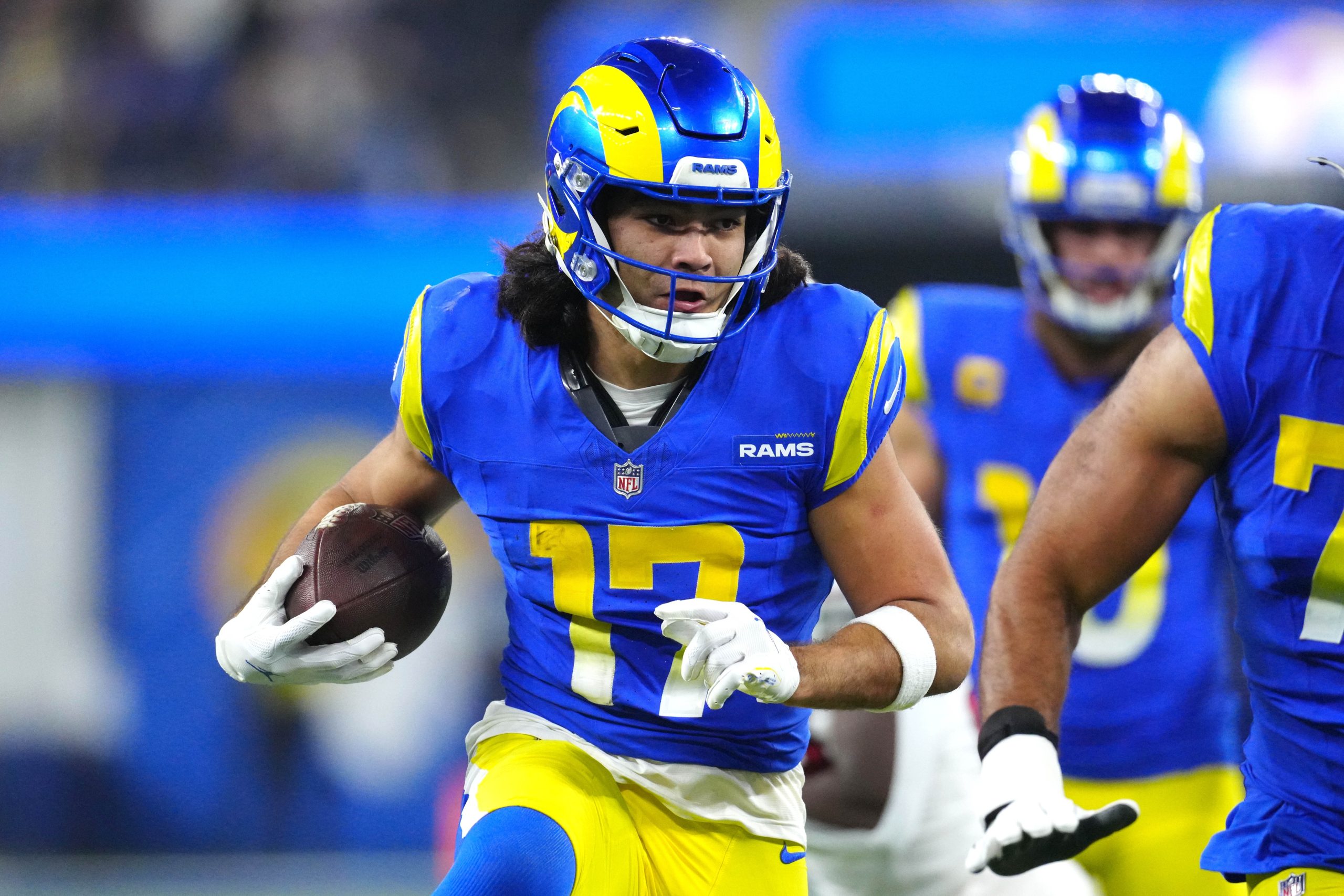Pop culture, fashion, and sports have always been intertwined. From the way that music and films influence fan clothing to the way that audiences interact with betting markets, all of this affects how sports are viewed.
The United States, the country that hosts some of the world’s most storied sports leagues, has seen its cultural events exert huge effects on and off the playing field. Let’s see how pop culture gets into sport, from the visuals to the burgeoning betting industry.
Fashion Driven By Sports Culture
The pop-sports intersection that is most obvious is fashion. Sports people sway the world, not just on the pitch but also by how they dress. Legendary NBA players, such as Michael Jordan and Allen Iverson, did not just blaze trails on the court but also in sneakers and streetwear. Fashion brands bought their ubiquity, and fans started to model them, building a lifelong association between sports and the fashion world.
Jerseys have become cool not just for basketball, but for pop culture moments too. Drake, for example, wears NHL jerseys on a regular basis in his music videos, so hockey clothing appeals to non-fans as well. That’s how pop culture doesn’t merely mirror sport; it reinvents it. Sports clothing is no longer reserved for stadiums; it’s the norm and finds a home in any wardrobe.
How Music Shapes the Sporting Experience
There is a direct influence of music on sports. Songs from hip-hop and pop became a part of sporting events, and they became their own soundtracks. This link is made clear by the NFL’s Super Bowl halftime show, one of the most popular pop culture performances on Earth. Beyoncé, The Weeknd, and Rihanna have all done their bit to make the event transcendental from a sporting standpoint in recent years.
The events are made even more exciting by music playing inside the stadium. Team songs, chants, and playlists keep fans going. Additionally, some songs even become sanctified for specific teams, again weaving pop and sports history together. The influence reaches out to the wagering side of things, too, with sportsbooks sometimes offering extra-large bets on the halftime show or celebrities.
Gambling and Pop Culture
The development of legalized sports bets opened up new avenues for pop culture to affect sports. Sports gambling has a large film and TV presence that makes it more popular. For their part, sportsbooks step up with pop culture puns or events.
The celebrity endorsement reinforces this relationship too. With players such as Shaquille O’Neal and Jamie Foxx featured in sports betting campaigns, it is fun and even relevant to bet on sports. The pop-culture aspect of betting for sportsbooks advertised on Twitch streams or popular online gaming platforms—is proof that the arts and gambling are more interconnected than ever.
US Sports Media’s Globalization of Sports
Pop culture gave American football teams a lot of their international appeal. Hollywood helped spread basketball and football internationally. Movies such as Space Jam and Remember the Titans aren’t just good entertainment; they’re cultural exports, showing the world American sports at their finest.
The globalization of this is also being driven by social media. Footage of spectacular plays, player interviews, and behind-the-scenes footage circulate quickly, drawing international fans to the game. This online availability also brings with it an expansion of bet markets, and the sites have adapted to take in fans from all over the world to place bets on US sports leagues.
Athletes as Pop Culture Icons
Today’s athletes are not just players anymore, they are influencers, entrepreneurs, and icons. LeBron James, for instance, is not just on the basketball court but also in philanthropy, entertainment, and fashion. In the same vein, NFL players such as Tom Brady garner media and on-field attention that make them cultural icons.
Even lesser-known athletes often make the headlines. News of Ja’Marr’s seventh loss in a row spread around the world in mere days. Their rabid social media followings get them direct contact with their fans, allowing them to create personas outside their chosen game.
The equation acts as a backdoor, and bettors flock to bet on not only performance but on other aspects of an athlete’s off-field life (i.e. endorsements or achievements).
The Crossroads of Sport and Pop Culture
Streaming platforms have replaced sports with story and live-action drama. Documentaries such as The Last Dance (about Michael Jordan’s Chicago Bulls) or Drive to Survive (which internationalized Formula 1) give the inside track on athletes in ways never imagined. These productions are not sport-specific, and they draw on the emotional, cultural, and personal qualities that make athletes relatable and inspiring.
This has made sports legends into pop culture celebrities, and their trajectories are inscribed in popular memory. Streaming platforms let fans delve into these stories and build connections with the athletes and the games. And these associations have affected wagering.
Customers will place bets more frequently when a player’s story, an old-school game, or a theme arc in streaming is underlined. By blurring the lines between sports and entertainment, streaming platforms raise the stakes of fandom, and the betting market has never been more exciting.
Sports and Entertainment Brand Partnerships
Sports and entertainment partnerships have never been so intense, as the inter-industry synergy transcends the boundaries of traditional fan participation. Initiatives such as the NBA’s Marvel games or the NFL’s deals with hit film productions aim to attract viewers outside sports-crazed enthusiasts. Such alliances tend to result in original concerts, merchandise, and experiences geared towards a multi-platform audience while confirming the cultural status of sports.
These partnerships seep into sports wagering by bringing new fans on board. Anyone who might have been watching just a crossover game is now following the entire ecosystem and even bet markets on these games.
These integrations also extend sports’ narrative force, providing a common cultural language in which spectators become contributors rather than just recipients. From themed betting pools to wagers on these pop culture-centric games, these partnerships open sports and pop culture to everyone. Together, they rewire how we consume, commemorate, and engage with our favorite games.
Pop Culture and Fan Engagement
It isn’t just that pop culture gives sports a new aesthetic and auditory resonance—it changes how viewers experience them. Fantasy leagues—inspired by gaming fads—offer sports fans an authentic experience with their favorite players. Even esports is becoming popular with sports, as has its work with pop-culture companies such as Marvel and Star Wars.
For gamblers, that is new ground. Gamified bets inspired by pop-culture fashions keep players entertained beyond the simple bet. Mixing the edgy with the technical aspects of sports, these are platforms for the younger, tech-savvy crowd.
US sports are the product of pop culture, from fashion and music to betting and beyond. And the more that athletes become icons, the more that this symbiosis will continue.
Fans not only watch games but also live the games as part of a culture. With pop culture built into every aspect of sports, the games we love will be playing and sounding new and different in the coming years.


